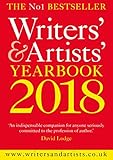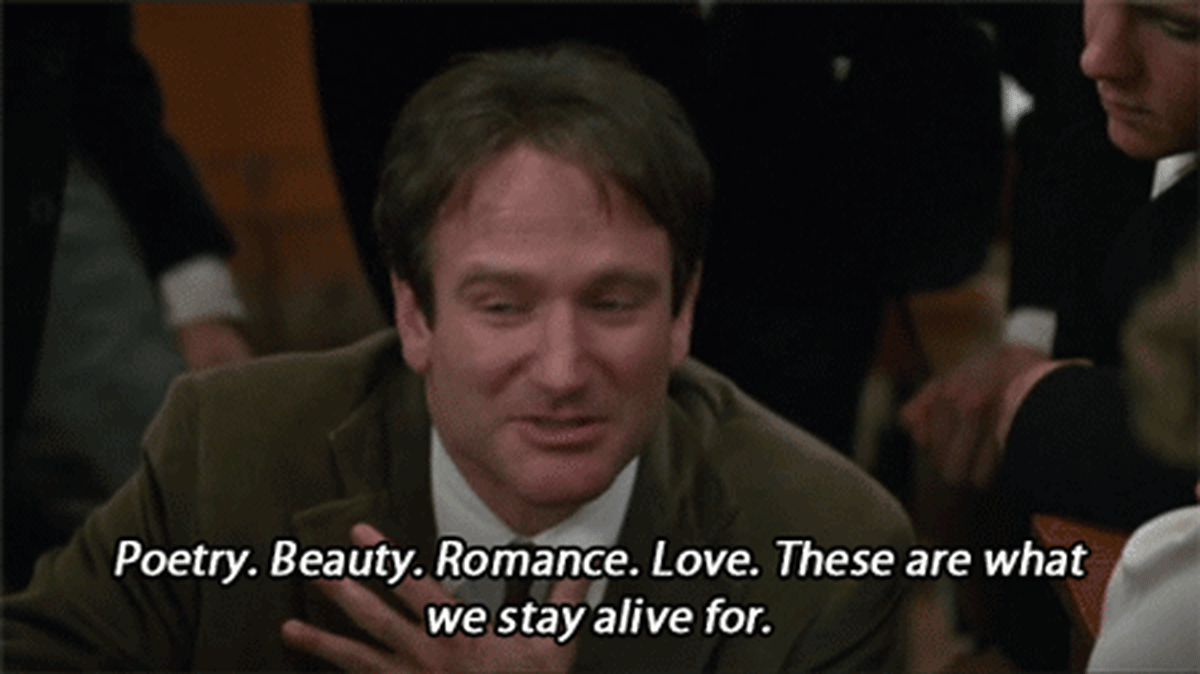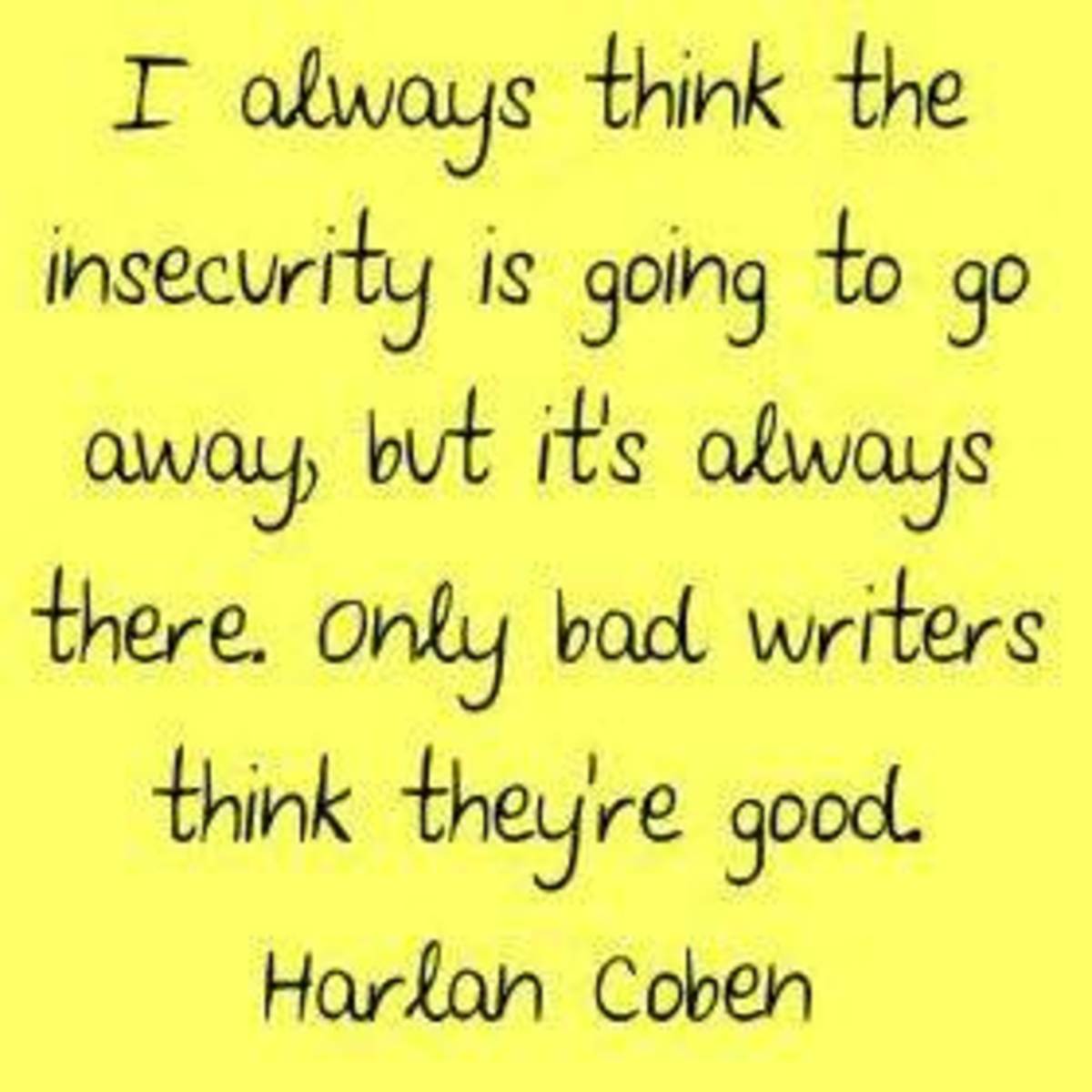- HubPages»
- Books, Literature, and Writing»
- How to Write»
- How to Get Published
The Road To Publishing A Book
The Genesis for This Article
A friend of mine, one Mary McShane, sent me this email recently.
“I know all these things are in Writer's Digest, but for those who don't have it or read it, I thought this might be a motivating article (s) for you to write. Sort of inspiring those who are sluggish and kick start them into cracking down to their writing (a discipline) so they can look forward to this process...
so, I'd like you to write about the steps on the road to publishing. Assuming the book is written, discuss the types of packaging to send it out (pages, Disk, email, etc), how to acquire an agent, how to do cold submissions to publishers, how rejection letters are not the final word, how to consider epubbing, how to submit just for a particular market (pigeon hole a couple of markets to give them the idea), --- I'm not talking about writing for HP, but in the real world where the competition is fierce, but doable. I think so many don't realize what the process is once they get the book written and if they know it is actually something to look forward to, it might motivate.”
Mary, your wish is my command.
As I looked closer at Mary’s suggestion, I realized I could either do a skim job and attempt to answer it all in one article, or I could do several articles to cover it all. Since I have done articles in the past that covered much of this, I am opting for an overview to give all of you a quick taste for the process involved. I have, however, included some of those articles as sidebars for you to read if you should choose to do so.
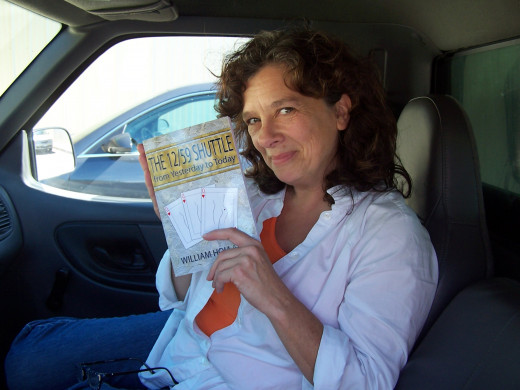
So You Finally Wrote a Book
First, let me congratulate you. Writing a book is not an easy task. I speak from experience. I have written several and I am currently working on three others. It is a time-consuming process that is filled with angst and self-doubts, but man alive is it all worth it when you finally finish your baby and hold that manuscript in your hands.
But now what do you do? The next step can be scary. If you choose to query a book publisher you risk the very real chance of being rejected or worse, ignored. If you choose to publish it yourself you risk the very real chance of having no one read it and again being ignored. You also risk the chance of receiving negative reviews and comments, always a crushing blow for a writer. Let’s face it, the book is a part of you, and any negativity you receive is considered an attack on you as a person.
Who in their right mind wants to risk all of that?
Well, quite a few as it turns out, and so this article is for you.
For our UK friends

- Self Publishing, Book Printing and Publishing Online - Lulu
Self-Publish, Print & Sell Print-On-Demand Books, eBooks, Photo Books & Calendars. Free Book Publishing and Global Distribution with easy to use Tools
Types of Packaging
I don’t know how others write their books. I write mine on Word and then save a hard copy, and I save it throughout the process. If I spend six months to a year writing something I sure as heck don’t want it disappearing because of some glitch in the computer, so save often.
When you are submitting your manuscript, the format will depend on who you are submitting it to. Some publishers and agents still ask for actual pages sent in a self-addressed envelope. I know, this is rather caveman of them, but there are those who still do it. The majority of agents and publishers request it be sent via email either as an attachment or as an extension of the email.
If you are lucky enough to find an agent or publisher who is interested in your work, they will ask for a synopsis of your book and then the first few chapters of it, giving importance to the introduction you have written. If that first chapter is not an attention-grabber then you best re-write it. You get one shot at an agent or publisher so make it your best shot.
The book The Writer’s Market has lists of agents and publishers and all of their requirements. Pick up a copy soon if you are serious about publishing your book in a traditional manner.
Join me on my writing blog
- Artistry With Words | A topnotch WordPress.com site
For writers only! Tips, discussions, suggestions....come and visit.
- How To Write A Successful Query Letter
How do you get the attention of an agent/publisher? Probably the single most important step is to craft a professional query letter. Follow these suggestions and you just might hook an agent.
How to Approach Agents and Publishers
Ah, the query letter! Strange visitor from another planet with powers and abilities far beyond those of mortal letters.
Oops, I’m sorry, my silly bone acted up.
How do you approach agents and publishers? By sending them a query letter! A query letter quickly summarizes your book, your platform and the reasons why you think your book is a winner. Other than the book itself, the query letter is the most important part of the traditional publishing process.
I have written before on how to write a query letter, and you can see that article in the sidebar. There are also great examples of query letters in the Writer’s Market. Do your homework on this one; without a great query letter you will never be considered for publishing.
- A Book Review Of The Writer's Market
A review of a book that is a must for anyone serious about being published.
Agent or Publisher?
Should you query an agent and let them do their job and find you a publisher, or should you directly query the publisher?
Perhaps here would be the best time to mention numbers. Agents and publishers literally, and I mean literally, receive thousands of queries each month. Read that number again….thousands each month. From all of those thousands they will accept maybe, and I mean maybe, one percent….and the trend is getting worse. As ebooks grow in popularity, traditional publishers are finding it harder and harder to take a risk on an unknown author. All of their efforts are put into sure things, established authors who have made money in the past.
So, this question is a crap shoot. Whichever route you take the numbers and odds are stacked against you. I query directly to publishers. Others query directly to agents. Which is better? I know not!
Which Markets Do You Query?
Again I refer you to the Writer’s Market. In that book, which is published and updated each year, you will find information about what kinds of books each publisher is looking for. You will find which kinds of genres each agent is looking for.
Do not, and I repeat, do not randomly query a list of publishers in hopes that they will like your story and genre. They each specialize in particular fields and that is why I consider the Writer’s Market to be invaluable for writers and their queries.
Worth a watch
SELF-PUBLISHING
There are two established routes in self-publishing. You can find a printing house who will print your book for a fee, or you can publish an ebook; the former costs money; the latter costs next to nothing.
Pros and cons? Having your book printed gives you hard copy you can hold in your hands and smile proudly at. I went this route with my novel “The 12/50 Shuttle From Yesterday and Today” and it costs me about six bucks per copy with one hundred minimum. You can find better deals online now but I went that route because I like working with local merchants whenever possible. Of course, having 100 copies means you need to learn marketing very quickly if you are going to sell them.
Going the ebook route is free as far as online publishing. You can pay to have your book edited of course, and pay to have a great cover done for your book, but actually formatting the book and having it “printed online” with Kindle costs nothing. Profits from Kindle are small as most books are priced under $4.99 and you get a percentage of that price, but again, there are no publishing fees,which is an attractive feature for a starving author.
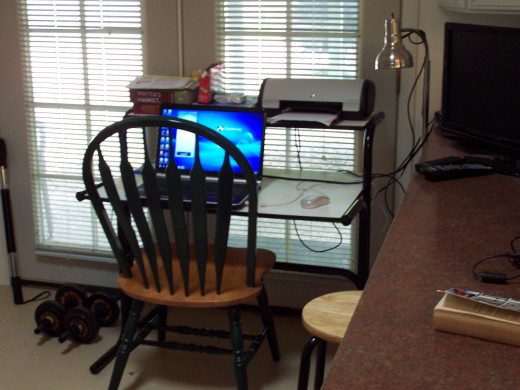
And That Is a Quick Summary of the Process
I have done both the traditional publishing and the online ebook route. There are advantages to both. The odds are significantly against you in trying to find an agent or publisher, but it does happen every year.
I think the first question that needs to be asked is how important is publishing to you? If you have no thoughts of making it nationally, and you just want the inner rewards of being called an author, then maybe the self-publishing road is the one you should take. If you have dreams of being nationally known and seeing your book in bookstores, then get those query letters ready and get that book edited by a professional.
Either way you choose, I hope you find as much satisfaction as I have.
2013 William D. Holland (aka billybuc)
“Helping writers to spread their wings and fly.”

